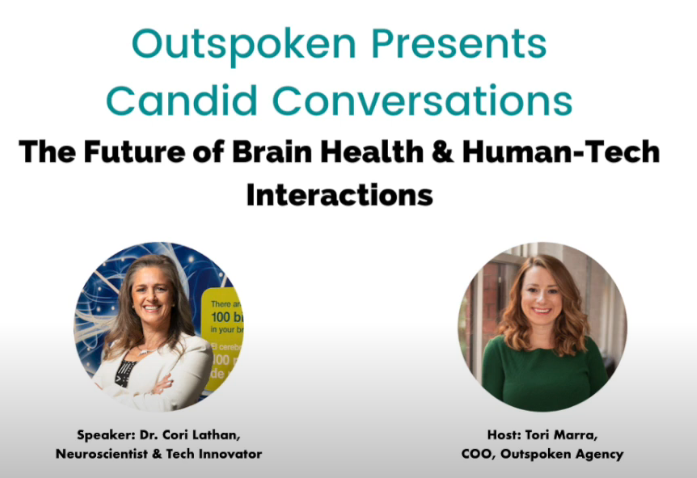Invent The Future Blog
Tech Tuesdays: Learnings, Teachings, & Updates from a Techno-Optimist
3 Healthcare Challenges
My article on the "MED-averse" w/ Daniel Kraft, MD went live on Psychology Today - 3 Healthcare Challenges the "Med-averse" Could Address.
Key Points:
--Multiple metaverses will likely be built with emerging technologies such as web 3.0, AR/VR/XR, and AI.
--Capabilities like telepresence, virtual training and education, and digital twinning will enable the "med-averse."
--A health- and medical-focused "med-averse" could help address issues such as chronic disease, the mental health crisis, and health disparities.
Join us for more conversation on the "MED-averse" at NextMed Health March 13-18 - DM me for a discount registration code.
Fun fact: The cover image was made by DALL·E 2!
Brain Power
You misplace your keys – nothing to worry about, or a warning of early onset dementia? In this presentation for the World Economic Forum, Corinna E. Lathan, Chair of the Board and Chief Executive Officer of AnthroTronix Inc., explains how the data we routinely generate in our lives is enabling our approach to mental illness to move from treatment to prevention. She makes the case for doctors to monitor brain health as routinely as blood pressure.
Inventing the Future: How Tech Can Keep Our Brains Healthy
As part of the IF/THEN VIRTUAL STEM FAIR SERIES with Nepris, Dr. Cori Lathan introduces students to the fields of neuroscience and biomedical engineering. She covers such areas as how technology will keep our bodies working, what can affect our brain, and how important it is to measure our brain health and keep our brains healthy. This session is part of the IF/THEN Virtual STEM Fair Series of virtual presentations.
Innovation, Empathy, and the Future of Human-Machine Interaction
The interaction between humans and technology has changed drastically in the last 20 years. This relationship shapes our society in positive and negative ways, and the next 20 years promises to bring about even more profound changes.
Perhaps you remember the "Borg Collective" from Star Trek: The Next Generation. The Borg used neural interfaces to connect every member of their society to each other and their leader. What if instead of a dictatorial society, the Borg had used their neural interconnections to create an advanced egalitarian society?
The Future of Brain Health & Human-Tech Interactions
We have epidemics affecting our brain health at all ages, from concussions to sleep deprivation and from depression to Alzheimer's disease. And now we have COVID, which affects our brain directly through the virus and indirectly through the effects of isolation and stress. Emerging and existing technologies such as telemedicine, wearable sensors, and virtual and augmented reality all have the potential to help change us as individuals and communities for the better.




